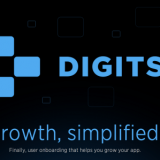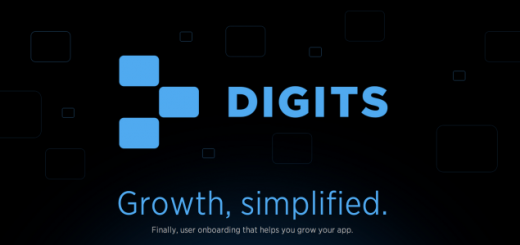Mozilla On The Best Way To Protect Privacy Online
“I’ve never been on the Government to bring all the trusted, it just takes too long,” he said in an interview with The Huffington Post. “Capitalism works.”
Nevertheless, privacy experts counter that the regulators have to intervene to ensure that consumer interests are taken into account together with business priorities.
“The FTC and a lot of other people asked the industry regulate itself in recent years, and it’s actually become exponentially worse,” said Mary Hodder, Chairman of the Personal Data Ecosystem Consortium. “I do not think that companies control and do it right, get all the useful data.”
Mozilla is one of several companies to the attention of renewed efforts by the government to the online privacy fight: In a report released late last year, the FTC chastised companies for their mistakes quickly resolve questions about privacy – Warning “This could be the last clear chance to show that self-regulation can protect the privacy of consumers … “- and adopted a” no trace “system to disable the user targeted advertising possible.
Mozilla, with companies like Microsoft and Google have, by responding with a “no trace” tool that allows people not to conduct online tracking.
The organization is also working on a feature to identify the users who follow, will help as they surf the Internet, people are able to monitor in real time prefer that their operations with the possibility of blocking.
“Our position is that this behavior should not exist,” Jay Sullivan, Mozilla’s vice president of products, with regard to the advertising says. “It is the user understand what is happening and be over it in control.”
Kovacs noted that online privacy is a new urgency, given several aspects of our identity – of our film tastes, our relationships with our purchases – migrate to the Internet. The companies have played fast and loose with such data consumers, fueling their privacy.
“What we are not used in search for information online. We do not exclusively anymore,” said Kovacs. “The problem is that there are some pretty serious cases of violations of privacy that many people has caused, raise their heads … The people are to step up and say was,” What happens to my identity there? “It’s probably long overdue.”
As our online behavior has changed drastically, the network has also by the growing applications on separate operating systems like Apple’s IOS, Google Android, Microsoft’s Windows Mobile, and others run redesigned.
“The Internet is becoming more divided,” said Kovacs.
Kovacs warned that the change creates new challenges for developers to build applications for different ecosystems, while the consumer can lose.
“Users will not have the power to millions of Web developers,” he said. “Now they have a choice: I live in an Apple world, or in a Google world”







